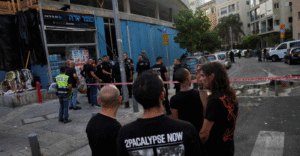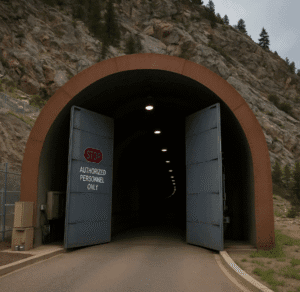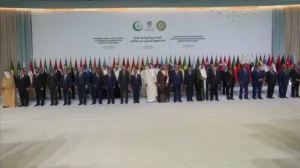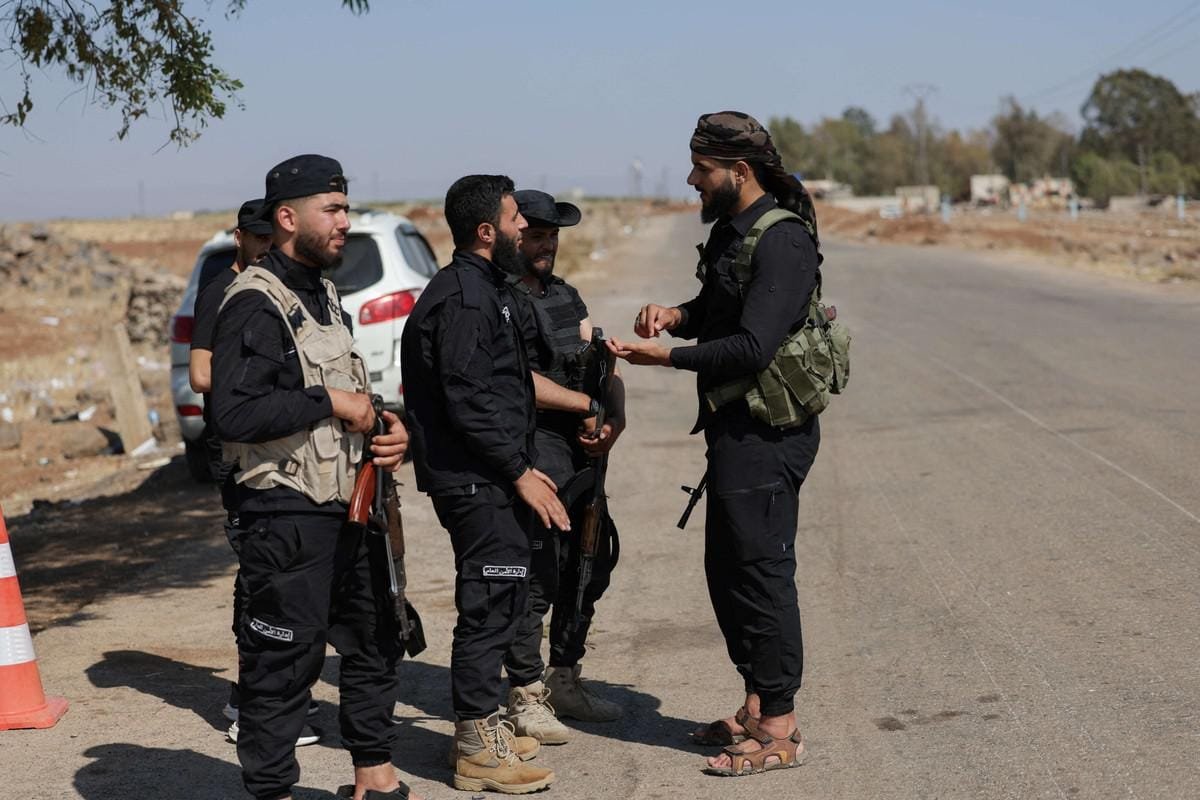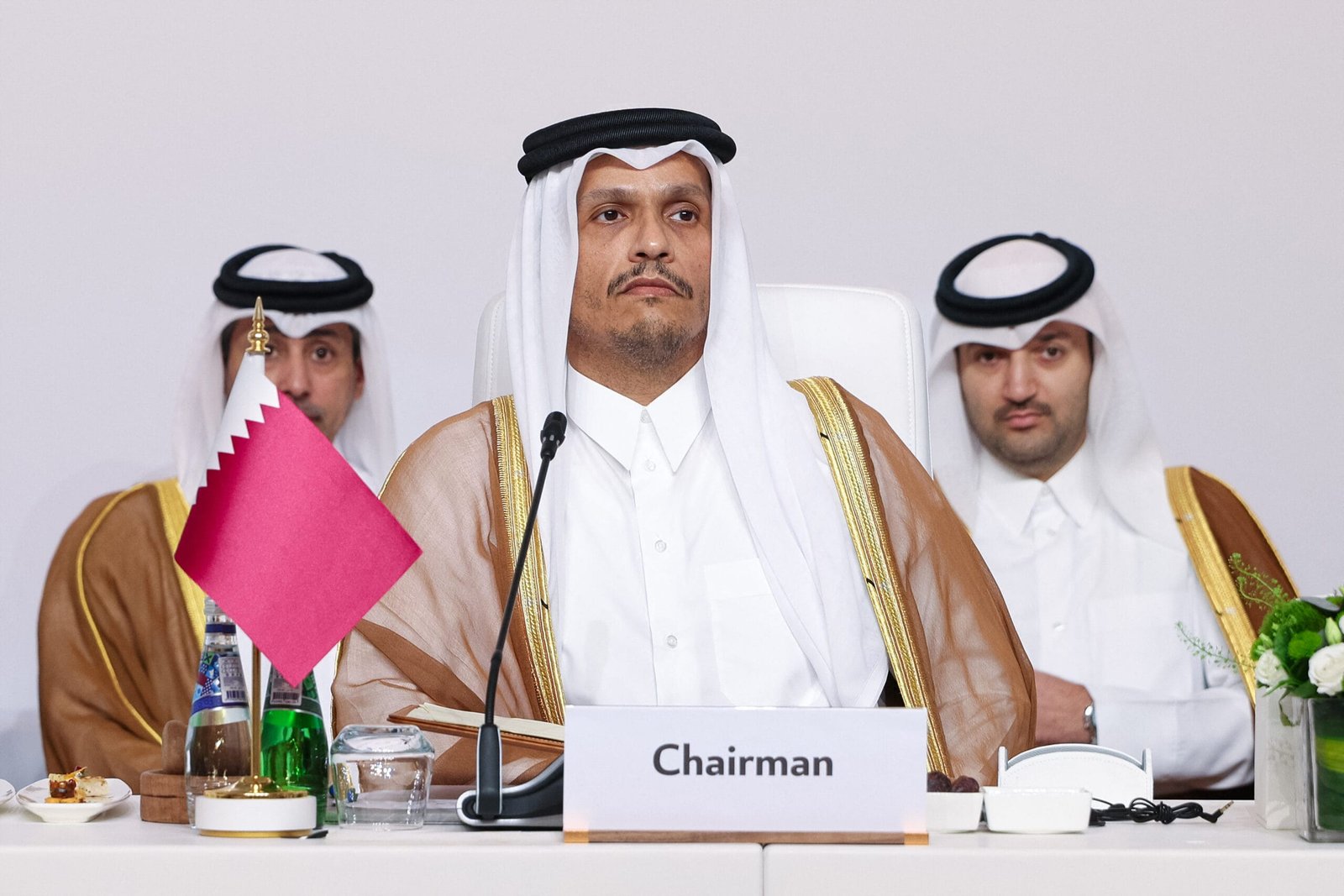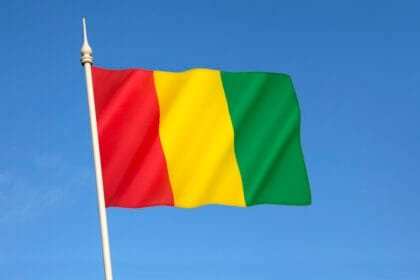Beirut, Lebanon – Lebanese Forces Party leader Samir Geagea said Hezbollah has “no choice” but to hand over its weapons to the Lebanese state.
He also called on him to “learn a lesson” from the experience of the Palestinian Hamas movement in the Gaza Strip.
Geagea, one of Hezbollah’s most prominent opponents, said: “The party has no choice but to hand over its weapons to the Lebanese state, because there is a state and it made the decision”.
He added: “Hezbollah must certainly learn from what is currently happening with Hamas”. This is all the more reason for him to hand over his weapon to the state as soon as possible.
“It’s a shame to waste time,” he added.
Negotiations to implement Trump’s plan
Israel and Hamas are conducting indirect negotiations in Egypt to agree on a mechanism for implementing a plan announced by US President Donald Trump last week, which specifically stipulates an immediate ceasefire, disarming the movement, and preventing any presence in ruling the Gaza Strip, after two years of a devastating war between it and Israel.
Geagea believed that “party officials are currently outbidding” by refusing to hand over their weapons to the state, which in August developed a plan to disarm the Tehran-backed faction, amid pressure from Israel and the United States.
He continued: “I don’t understand much of what they are doing, and more frankly I didn’t understand the attribution war that was clear where it would go (..) I didn’t understand October 7th. On what basis did they take these steps and where did they reach?
The war in the Gaza Strip between Israel and Hamas began with an unprecedented attack by the Palestinian movement on southern Israel, killing 1,219 people.
Israel responded with a devastating war in the Gaza Strip that is still ongoing, in which more than 67,000 people have been killed.
With the start of the war, Hezbollah opened a front from southern Lebanon against Israel, in support of Hamas, known as the Support War.
The confrontation between the two parties in September 2024 developed into a more violent confrontation, during which the party suffered heavy losses in terms of its military and leadership structure.
A ceasefire agreement reached under American and French sponsorship has been in effect since November 27, stipulating that Hezbollah would retreat from the area south of the Litani River (about 30 kilometers from the border with Israel), dismantle its military structure there, and limit the carrying of weapons in Lebanon to official agencies.
Limiting weapons to the state
Geagea, whose party is the largest bloc in the Lebanese parliament and who previously handed over his weapons to the Lebanese state after participating in the civil war (1975-1990), believed that the authorities, represented by President Joseph Aoun and the government, should show greater “firmness” in implementing the confinement of weapons to the state.
He considered that the party, by opposing the surrender of weapons, “places itself outside the political game and outside the law”.
In addition to making himself look like a rebel against the state.
“This weakens his position and does not strengthen it,” he added.
In August, the Lebanese government decided to disarm Hezbollah, and the army developed a five-stage plan to withdraw weapons.
In a move that the party was quick to reject, describing the decision as a “sin”.





